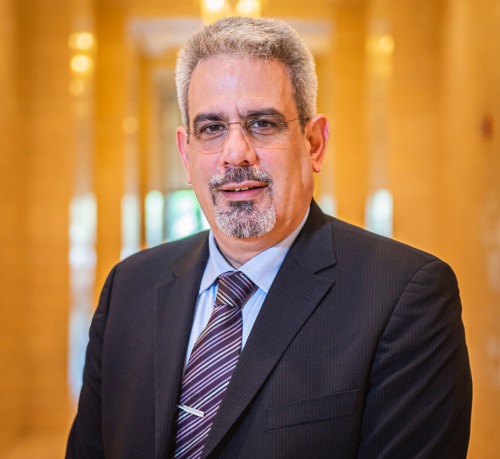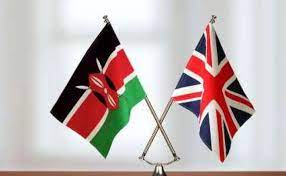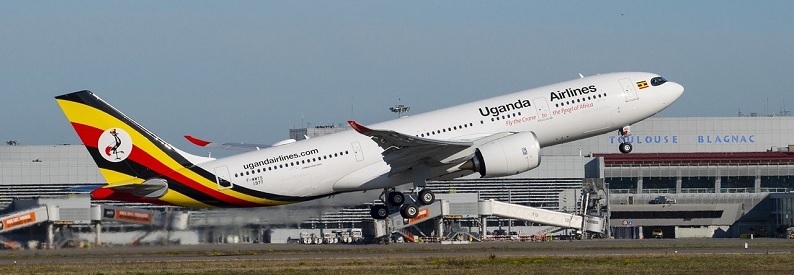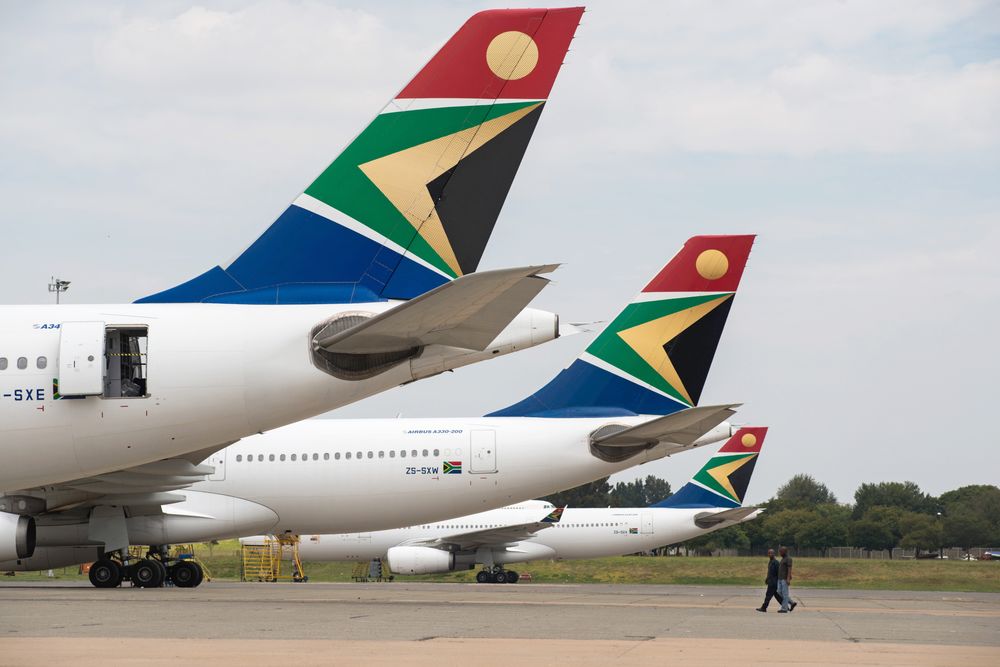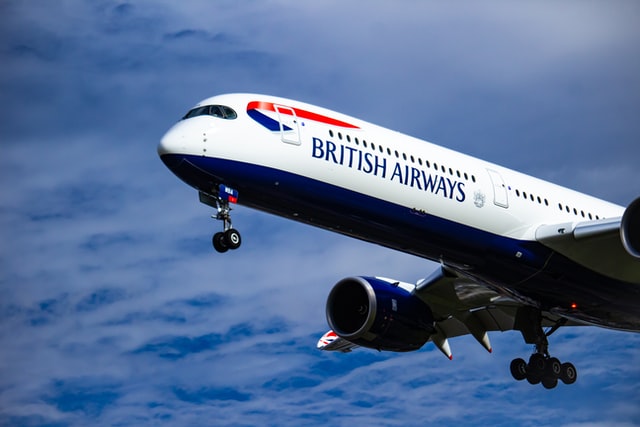The International Air Transport Association (IATA) has urged the Kenyan government to lower the USD80 PCR cost of COVID-19 PCR tests which is among the highest in Africa in order to encourage more air travel.
Through a statement, the association noted that the recovery of the aviation sector is stalling amid the COVID-19 pandemic and requires support.
Kamil Al Awadhi, IATA’s Regional Vice President for Africa and the Middle East noted that expensive charges and inconsistent requirements for PCR tests undermine confidence in air travel.
“Kenya’s air transport recovery is stalling and requires ongoing support. Among the interventions, we are urging Kenya’s government to reduce the cost of PCR tests for travelers, which, at roughly USD80 each, is significantly higher than the average in Africa, we need a restart that is affordable for all,” he said.
Alternatively, IATA noted that the air transport and tourism sectors could permit the use of more cost-effective antigen tests as a substitute.
Other mechanisms proposed by IATA include the digitization of health certificates which it said will be essential to avoid queuing and crowding at the airports.
“As passenger numbers increase in the recovery, digitally managing travel health credentials will be essential to avoid queuing and crowding airports,” the statement read in part.
In addition, IATA noted that full implementation of African Union’s Single African Air Transport Market (SAATM) across the continent would generate significant economic benefits for Kenya especially job creation.
“Pre-pandemic, SAATM was intended to unlock travel within the continent. Post-pandemic it will provide an even more important economic boost, namely creating 39,000 new jobs and adding US$201 million to the country’s GDP,” IATA added.
Airline passenger traffic to, from, and within Kenya fell by 52 percent in June 2021 vs June 2019 while for the first half of 2021, passenger volumes declined by 54.2 percent as compared to the first half of 2019.
“The next two years should see a stronger recovery as Kenya’s vaccination rate improves and more countries reopen their borders to the country,” IATA added.
Source: Capital Business

